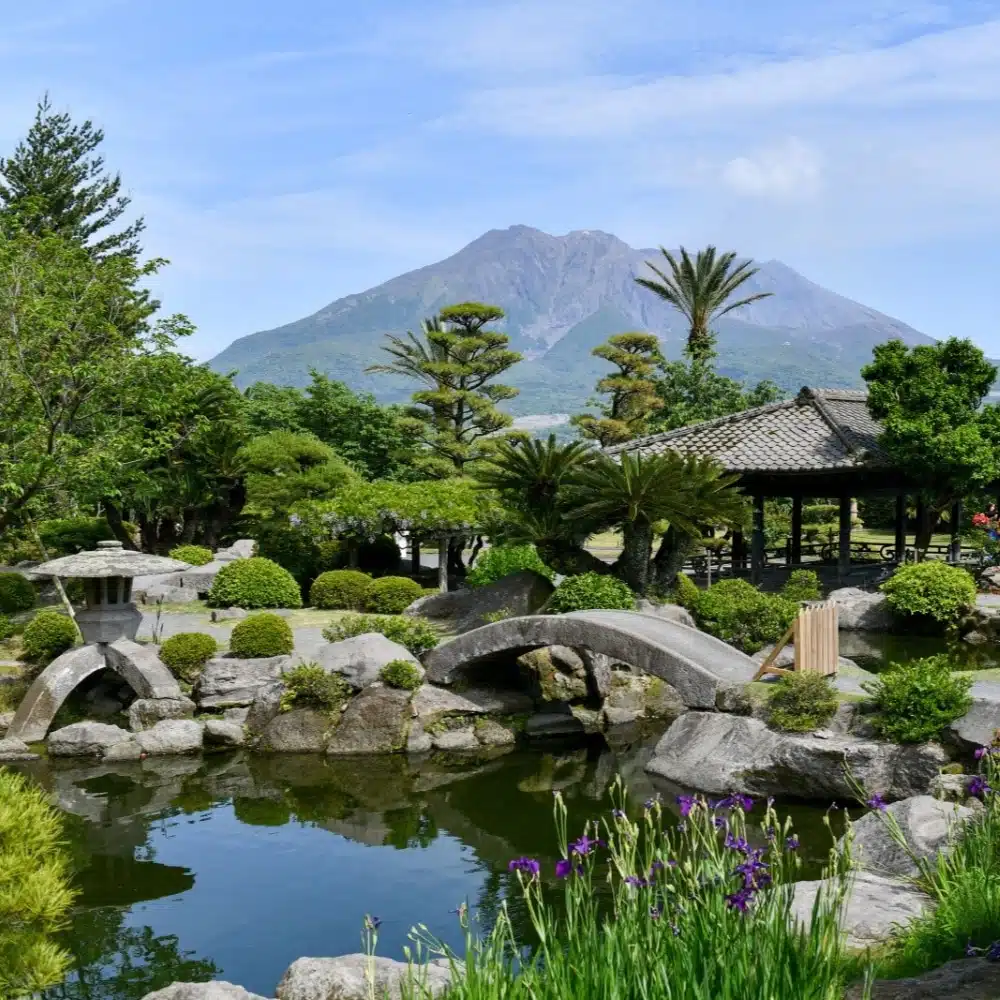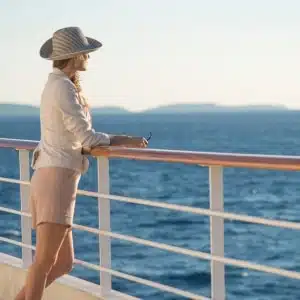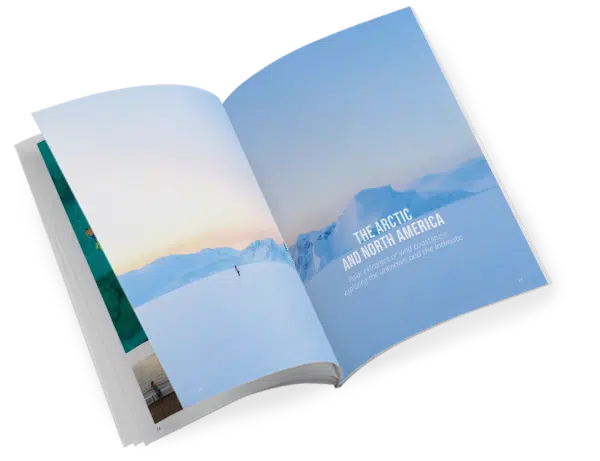Interview with Christine Ockrent
States and peoples, contexts and issues: during her lectures on board our ships, the French journalist Christine Ockrent provides valuable insight into the modern world. Before she next sets sail with PONANT to Japan and Greenland, Escales talks with her about her approach to travel, informed by a wealth of experience in the field.
How do you prepare for a trip to a destination you’ve never been to before?
I’ve always travelled a lot for work – and I love it! A trip is all the more interesting if you prepare for it, learn about where you’re going, depending on your priorities. I’ve always been interested in international relations and the domestic politics of the countries I travel to. I’ve been working on these subjects for a very long time. But I also think it’s very valuable to explore other things: a country’s literature, for example, or at least its cultural scene. For a destination like Japan, with its rich and ancient culture, literature alone can make you want to discover the country.
How does the philosophy of PONANT, Explore to Inspire, resonate with your own idea of travelling?
Travelling should be a source of inspiration, enrichment and, if possible, wonder. In any case, it’s very important to feed your curiosity. I think there’s nothing worse than no longer being curious. To me, travel is first and foremost about curiosity, and therefore inspiration.
Christine Ockrent and Asia
2023: Christine Ockrent published L’Empereur et les milliardaires rouges (L’Observatoire). An essay on Chinese capitalism and Xi Jinping’s relationship with the Asian giant’s economic elites. She is also interested in a wide range of issues relating to Asia. She works in particular on relations between Japan and China, and on the dynamism and demography of the Japanese archipelago. Part of her research is devoted to the “painful, difficult relationship between Japan and South Korea. And how the United States, Japan’s number one strategic ally, is striving to consolidate regional alliances in the face of the Chinese giant.” A whole range of fascinating issues to help us better understand what is happening in the Far East.
I’m fascinated by the restraint and by the sense of impermanence in Japanese culture, which is interested at the same time in the place of stones, particularly in gardens, and in the flow of things.

What does travelling by sea mean to you?
I love the sea. In fact I can’t stay away from it for too long. I think travelling by sea is wonderful, especially in the comfortable conditions that PONANT offers. I’ve also done quite a bit of sailing, in much more basic conditions!
The sea you feel closest to?
The North Sea because of Jacques Brel, and the Aegean Sea because of its light.
What is a destination you’ve always dreamt of discovering?
There are many places I want to discover or get to know better, starting with the Far North. I’d also love to travel to Laos, even though there’s no sea there!
Your travel philosophy?
It’s all about trying to see and understand as many things as possible. Having conversations with people who aren’t necessarily tourism professionals.
You’d say a trip is a success when…
When you come back enriched with new impressions and knowledge, it’s wonderful. I would add some other things, such as encounters and new friends among other travellers.
Photo credits: ©PONANT-Thibault Garnier; ©PONANT-Julien Fabro

PONANT takes you there
Explore the world in the company of top experts



